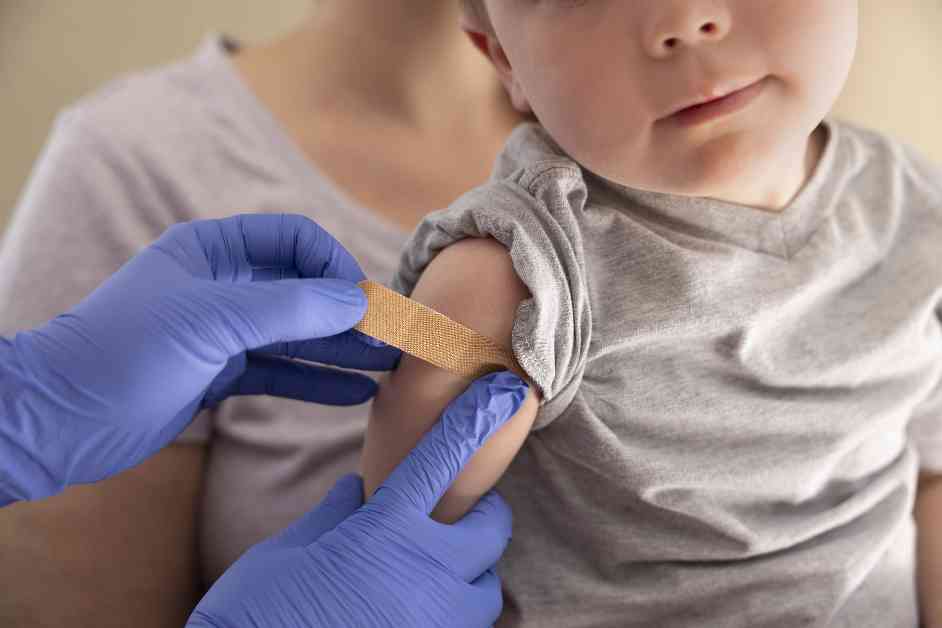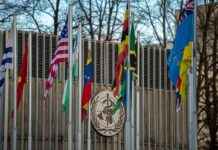Jen Fisher Advocates for Childhood Vaccination Amid Decline
Jen Fisher, a concerned mother from Franklin, Tennessee, is on a mission to protect her 12-year-old son, Raleigh, who lives with a congenital heart condition that weakens his immune system. Raleigh has received all recommended vaccines for his age to shield him from potentially life-threatening illnesses. However, even a mild virus that might only cause minor symptoms in other children could have severe implications for Raleigh, potentially leading to emergency room visits, as Fisher explained.
“We want everyone to be vaccinated so that diseases like measles and other preventable illnesses don’t make a comeback,” Fisher emphasized. “These diseases could have a devastating impact on Raleigh.”
Declining Vaccination Rates Across the Nation
Recent reports have indicated a concerning trend of declining childhood vaccination rates across the United States. During the 2023-24 school year, the percentage of kindergarten children exempt from one or more vaccines reached an all-time high of 3.3%, with increases reported in 40 states and Washington, DC. This shift has raised alarms among advocates, healthcare professionals, and public health officials who fear the resurgence of preventable diseases due to changing attitudes towards vaccination.
Challenges Faced by States with High Exemption Rates
States like Florida and Georgia, with rising rates of non-medical exemptions, are witnessing a decline in kindergarten immunization coverage, particularly for essential vaccines like the MMR (measles, mumps, rubella). Pediatricians in these states are expressing concerns about the potential consequences of decreased vaccination rates, highlighting the need for robust public health policies to promote immunization.
Looking Ahead: The Future of Childhood Vaccination
As the debate around vaccination exemptions continues, states like Mississippi and West Virginia, which historically maintained high vaccination rates, are facing challenges due to recent policy changes allowing religious exemptions. This shift underscores the delicate balance between individual rights and public health imperatives, as experts warn about the potential consequences of vaccine hesitancy on community immunity.
In conclusion, the importance of childhood vaccination cannot be overstated. Ensuring high immunization rates is crucial to safeguarding the health and well-being of vulnerable populations like Raleigh. As the nation grapples with evolving attitudes towards vaccination, it is essential for communities to come together to prioritize public health and protect future generations from preventable diseases. Let’s stand united in our commitment to promoting vaccination as a cornerstone of public health and disease prevention.

















